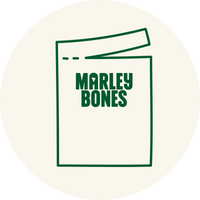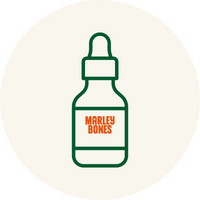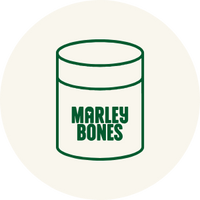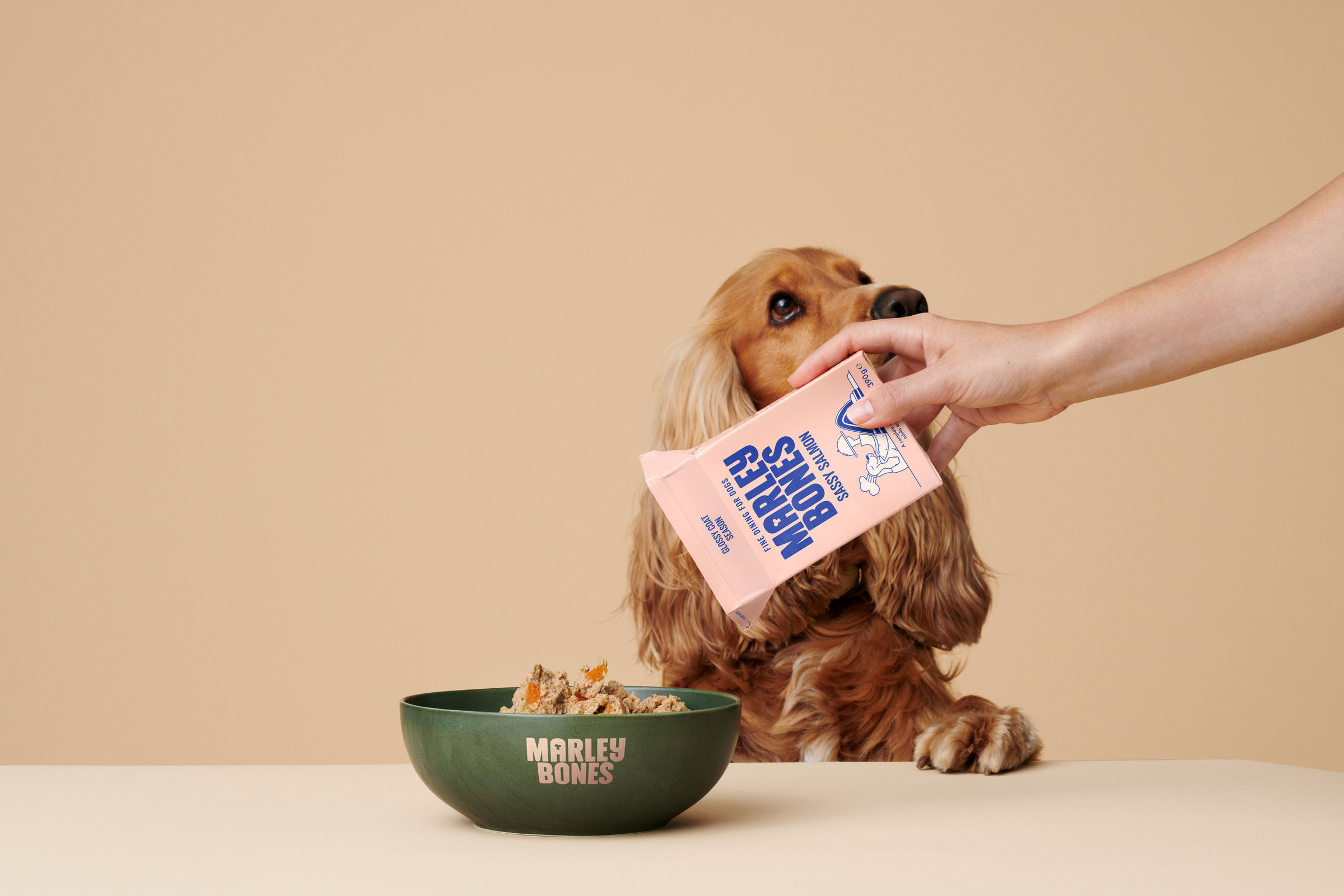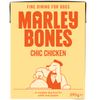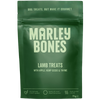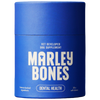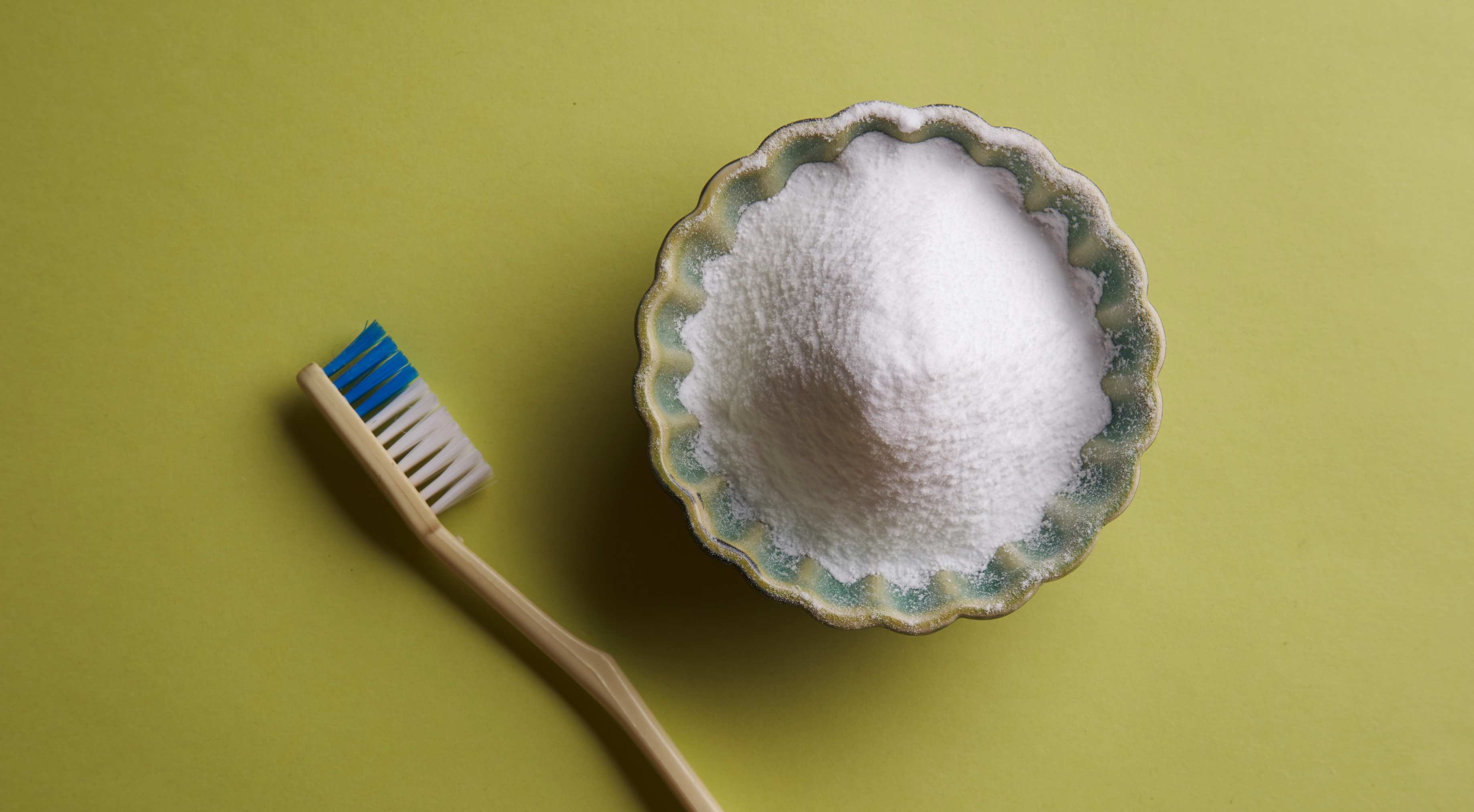Can I Use Baking Soda To Brush My Dog’s Teeth? Safe Pet Oral Care Tips
Keeping your dog’s teeth clean is just as important as managing your own. Regular brushing helps prevent plaque build-up, dental disease, and bad breath — while also supporting your dog’s long-term wellbeing. And while there are plenty of pet-friendly oral care products on the market, many dog owners wonder if simple household items like baking soda could do the job just as well.
In human dental care, baking soda is often used for its mild abrasiveness and odour-neutralising qualities. But is it safe for your dog?
The short answer: not really. While baking soda is technically non-toxic in small amounts, it poses risks when ingested and should be used with extreme caution — if at all.
Is Baking Soda Safe For Dogs?
Baking soda, or sodium bicarbonate, can be harmful to dogs if swallowed, especially in larger amounts. Ingesting it may upset your dog’s acid-base balance, leading to electrolyte disturbances, digestive issues, and — in more severe cases — tremors or seizures.
Even a small amount can cause stomach upset. Signs of toxicity may include vomiting, diarrhoea, lethargy, and shaking. For this reason, baking soda is not considered a safe everyday option for canine dental care, and should never be used without veterinary supervision.

Better Alternatives to Baking Soda
For safe and effective dental care, the best approach is to choose products specifically formulated for dogs. Dog-friendly toothpastes are made with gentle ingredients that are safe to swallow and are often flavoured to encourage cooperation.
Enzymatic toothpastes are particularly effective — they help break down plaque and freshen breath without the use of harsh chemicals or abrasives.
And if brushing isn’t always easy? Support your dog’s oral health from the inside out with a targeted supplement.
The Marleybones Dental Health Supplement is a simple, vet-approved addition to your dog’s daily routine. Packed with natural ingredients like seaweed, pomegranate peel, green tea extract and parsley, it’s designed to tackle plaque, improve breath, and support oral health — no brushing required. It’s perfect for dogs who don’t tolerate a toothbrush or for owners looking to boost daily dental care with a simple chew in the form of a treat.

Ingredients to Avoid In Human Toothpaste
Many ingredients commonly found in human oral care products are dangerous — even toxic — to dogs. Never use standard toothpaste on your pet, especially those containing:
- Xylitol, a sweetener that can cause sudden drops in blood sugar and liver failure
- Fluoride, which can lead to digestive and neurological issues if ingested in large amounts
- Essential oils, which may be natural but can be toxic to dogs when swallowed
Even a small amount of the wrong product can do real harm. Stick to dog-specific options — and check the label.
What To Do If Your Dog Eats Baking Soda
If your dog manages to swallow baking soda, stay calm but act quickly. Try to estimate how much they’ve ingested, and watch for symptoms such as vomiting, diarrhoea, tremors, or unusual behaviour.
Make sure your dog has access to plenty of fresh water, and contact your vet immediately. Give them details on your dog’s weight, the amount consumed, and any symptoms that appear. Your vet may recommend an in-person check-up or guide you through care at home.
Never wait to seek advice if you’re unsure — when it comes to ingestion, it’s always better to be cautious.
The Final Woof
Baking soda might seem like a simple solution for canine dental care, but it’s not the safest choice. The risks — especially if swallowed — outweigh the potential benefits, and there are far better ways to care for your dog’s teeth.
If you’re looking to keep your dog’s mouth fresh and healthy without the stress, brushing with a dog-specific toothpaste or adding a proven supplement like the Marleybones Dental Health Supplement offers safe, effective alternatives.
Dental care doesn’t have to be complicated — just consistent.


